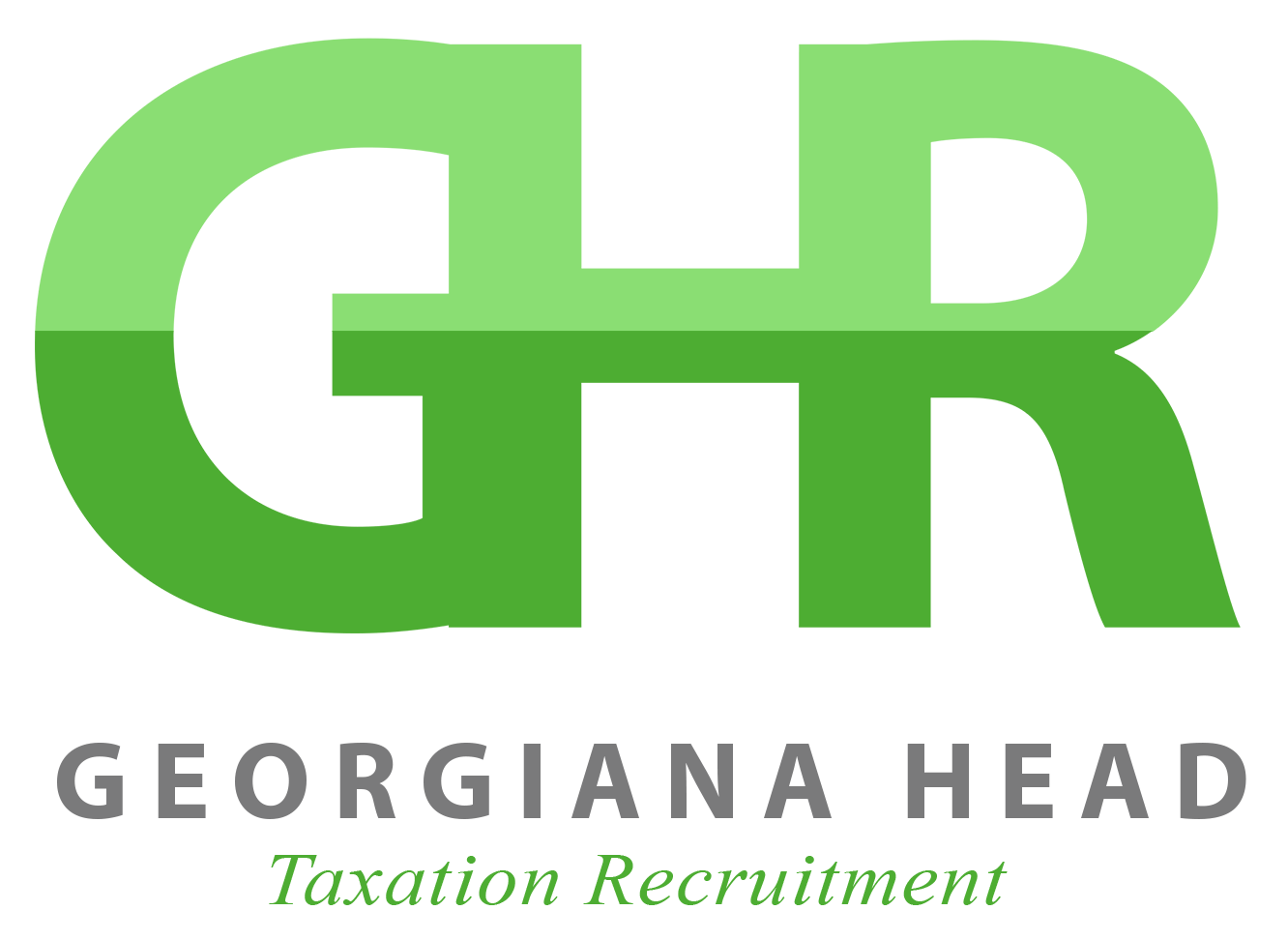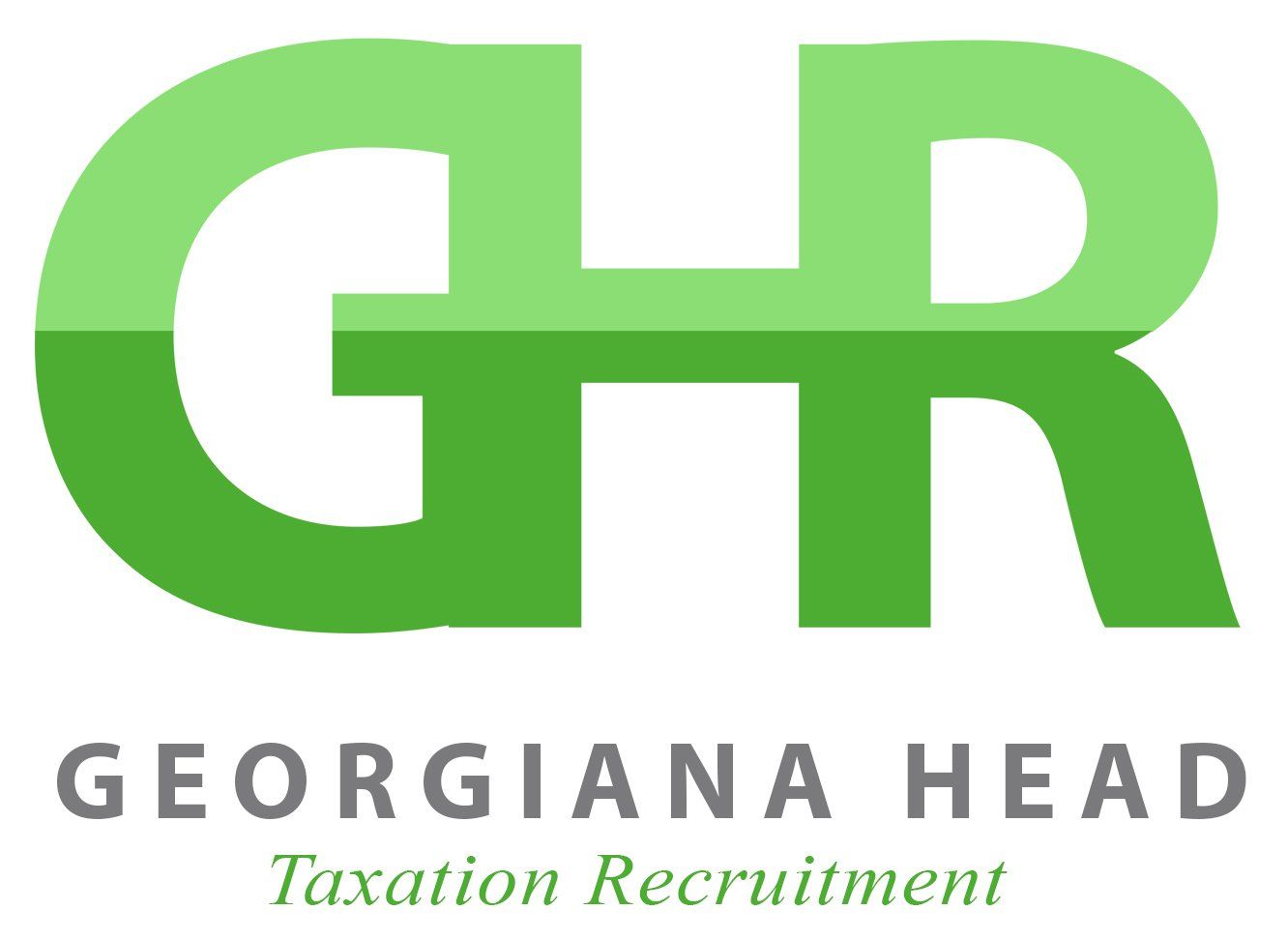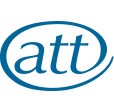The View from Up Here - Georgiana Head
‘’It is not the strongest of the species that survives, nor the most intelligent, but the one most responsive to change’’ Charles Darwin
I’ve been thinking a lot about change in the tax profession this week. Tax is an evolving profession that has undergone waves of change since I looked at my first dos spreadsheet in 1995. We’ve had the demise of PRP (Profit Related Pay) and tax professionals having to move into different areas such as broader employment tax and personal tax. The end of MIRAS relief (Mortgage Interest Relief at Source). Self-Assessment in 1997. The mergers in the Big 6 forming the Big 4 including the fall of Andersen. We had a sea change in the way that firms and the general public feel about tax planning, DOTAS, the GAAR and the demise of the tax planning boutique.
The development of transfer pricing as a discipline and increase in specialisation in tax. The Institute of Indirect Tax merging into CIOT. The movement of tax compliance overseas and back again and then back overseas, In-sourcing, outsourcing, atomisation, MTD, a huge change in the numbers of women entering tax – in 1997 there was one female head of tax in the Top 20, now the majority of the Top 20 firms’ tax teams are led by women (at the time of writing this blog Deloitte, EY, KPMG, PwC, GT, RSM, Forvis Mazars and Evelyn all have female heads of tax).
The advent of generative AI is one of the newest changes to the tax profession. Tolley’s have just published a white paper based on their interviews with 350 tax professionals see The tipping point: Measuring the success of AI in tax | Tolley. Their new research shows that where once tax folk were worried that AI would ‘steal’ their roles – now they see it as a tool which give them advantages and that firms who don’t use it are seen to be behind the curve.
My view is that most tax professionals are using it, even if they don’t realise it, whether using Co-pilot on to record meeting notes of Teams meetings or accessing VAT info from Xero. The Association of Tax Technicians and Chartered Institute of Taxation are very aware of AI – whether using it to check that students aren’t cheating in their exams or using AI to analyse data from members surveys. The ethics of the use of AI are now being considered by professional standards teams. We’ve seen new qualifications such as CIOT’s DITT (Diploma in Tax Technology) arise to help teach the tax profession about new tech.
I don’t know about you, but I can still tell when I see a job advert or an article which is written by AI, they tend to feel somewhat ‘clunky’ but the next generation of AI seems to be able to fool human perception.
The next big change in the tax market will be the fall out from the sale of firms or part shares in firms to Private Equity. We seen the ‘soft launch’ of this with a range of Top 50 firms but the completion of the takeover of Top 10 firm GT’s UK firm by Cinven will be interesting to watch. My understanding is that most of the Top 20 are currently in discussions with private equity firms and the view up here is that the Big 4 couldn’t get sales past the Regulator. It will be interesting to see if this fundamentally shifts the model of partnership in the professional firms in the long term.
Georgiana Head is a tax recruiter who trained in tax, she is a Fellow of ATT and an ATT Council member. Based in North Yorkshire she specialises in the regional tax market. For further information contact her at georgiana@ghrtax.com or on 07957 842 402.

Georgiana Head Recruitment Ltd
2 Infirmary Street
Leeds
LS1 2JP










